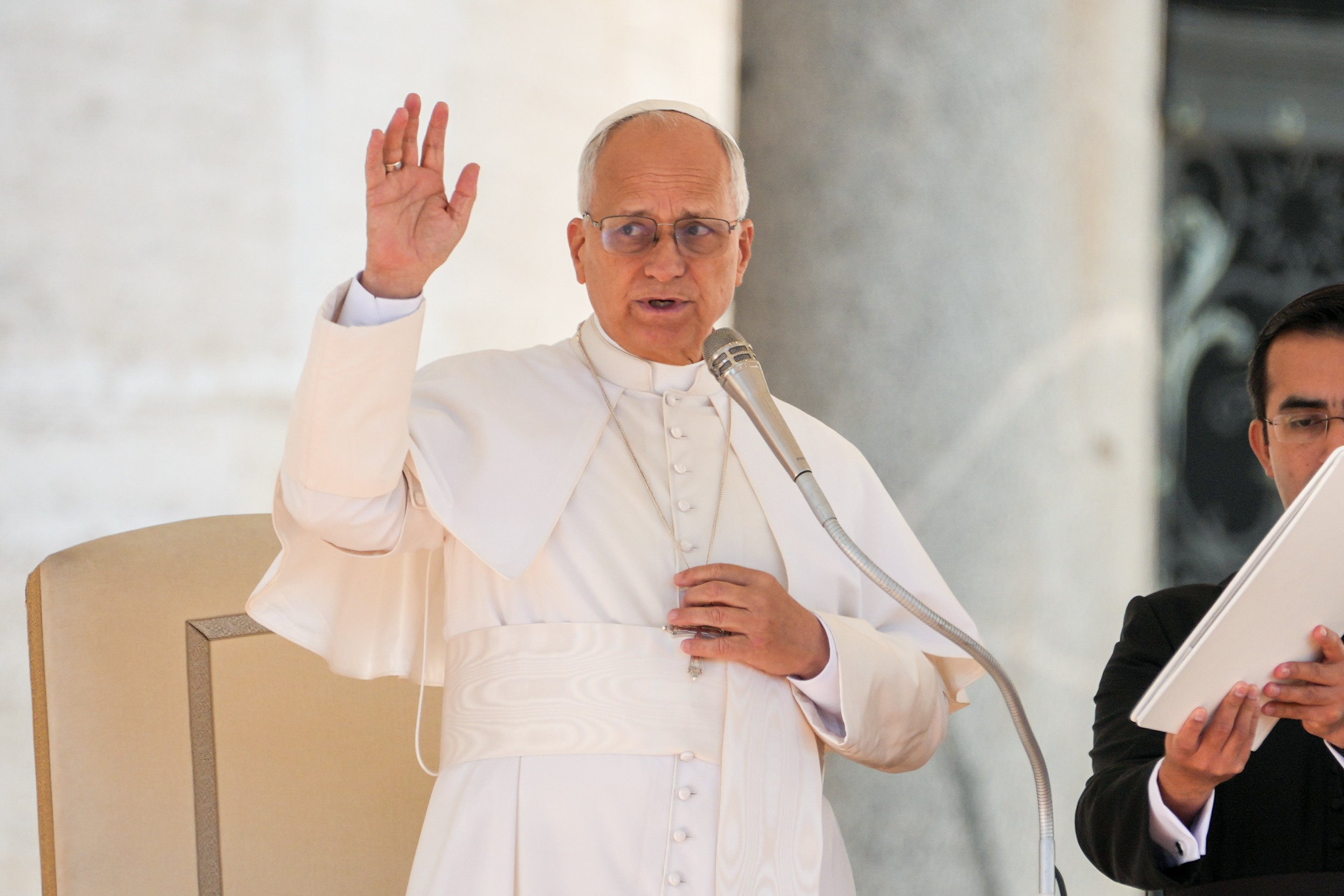April 6, 2018 at 1:53 p.m.
WORD OF FAITH
We are the Church
'For we are God's servants, working together; you are God's field, God's building....Each builder must choose with care how to build on [the foundation].'- I Cor 3:9-10
I'm certain that one of the two people who will be in purgatory until Jesus' Parousia is the first person who referred to a building as a church.
For the first centuries of Christianity, the word "church" only designated the community of believers who followed and imitated the risen Jesus in their midst. That's certainly the way Paul employed the term in I Corinthians 11 when he spoke about the community "gathering as church."
Jesus' earliest followers met not in special buildings, but in homes. Even then, the followers were the church, not the home.
Things and terminology changed after Constantine's 313 Edict of Milan, granting Christians the same rights and privileges enjoyed by other religions in the Empire. What had been the exception now became the rule. Christians began regularly to meet in basilicas - public halls - for their liturgies, eventually deserting their homes for these new, more convenient venues.
At that point, Sunday's Ezekiel (47:1-2,8-9,12) passage became significant. Just as the waters flowing from the reconstructed Jerusalem temple brought life wherever they went, so Christians were convinced the actions taking place in these special buildings also brought life to those who participated in them.
God's building
But because there are no texts in the Christian Scriptures which support the building of church structures, those who eventually created our liturgy for Sunday's feast were forced to employ a passage (I Corinthians 3:9c-11,16-17) which speaks of the people as "God's building."
Paul, writing 10 or 12 years before the Jerusalem temple was destroyed by the Romans in 70 CE, was forced to deal with a thorny situation. Though more and more Gentiles were buying into the reform the historical Jesus preached and lived, they, unlike their Jewish/Christian counterparts, were forbidden by Jewish law from even entering that sacred site.
The Apostle's message in Sunday's passage is one of "Don't worry about it." After all, he reminds the Gentile/Christian community in Corinth, "You are the temple of God, and...the Spirit of God dwells in you."
What the Jerusalem temple hoped to achieve through Yahweh's special presence, God has already achieved through the Spirit's special presence in Jesus' disciples. We shouldn't long for something we already have - in spades.
Yet, while we're waiting to totally morph into the temple of God's Spirit, John's Jesus warns us (John 2:13-22) to make certain we properly use the church buildings we've constructed. This itinerant preaching carpenter from Capernaum was convinced some of His fellow-Jews had lost sight of why their ancestors had originally built the Jerusalem temple. Instead of offering the faithful an opportunity to worship Yahweh, it had simply become a site for making money.
Den of thieves
John's three Synoptic predecessors had Jesus quote Jeremiah's famous chapter 7 temple speech as He cleared the sacred premises of the traders and sellers: "My house shall be a house of prayer for all people, but you have turned it into a den of thieves."
When I'm teaching those three Gospels, I often remind my students that the den is usually not the place where thieves do their thieving; it's the place they run to for security after they thieve. In those writings, Jesus' message is very biting. Instead of organized religion providing occasions for us to go out and give ourselves to all people, there are times when it actually helps us be secure and safe in our sinning.
Yet, even here, John takes the emphasis off the actual temple and puts it on Jesus. He becomes the only temple Christians have and need.
The late Cardinal John Wright once asked us seminarians, "What would happen if every church-owned building were simultaneously destroyed?" His response: "We'd have to go back to the faith Jesus left us."[[In-content Ad]]
SOCIAL MEDIA
OSV NEWS
- Texans vote overwhelmingly to enshrine parental rights in state constitution
- Supreme Court declines Kim Davis case seeking to overturn same-sex marriage ruling
- ‘Do you love Jesus more than your political opinion?’: Bishop Tyson says the church faces a test
- Vatican says Swiss Guards investigating alleged antisemitic gesture
- Bishop: Survival of Christian communities in Nigeria depends on security, justice
- Pope asks for extra care when using AI in medicine
- Pope holds long meeting with Belgian abuse survivors
- Delegation of top prelates, lay activists gives Brazil church strong presence at COP30
- Pope offers prayers for the Philippines and for peacemakers
- Dig deep and work patiently to keep church on solid foundation, pope says







Comments:
You must login to comment.